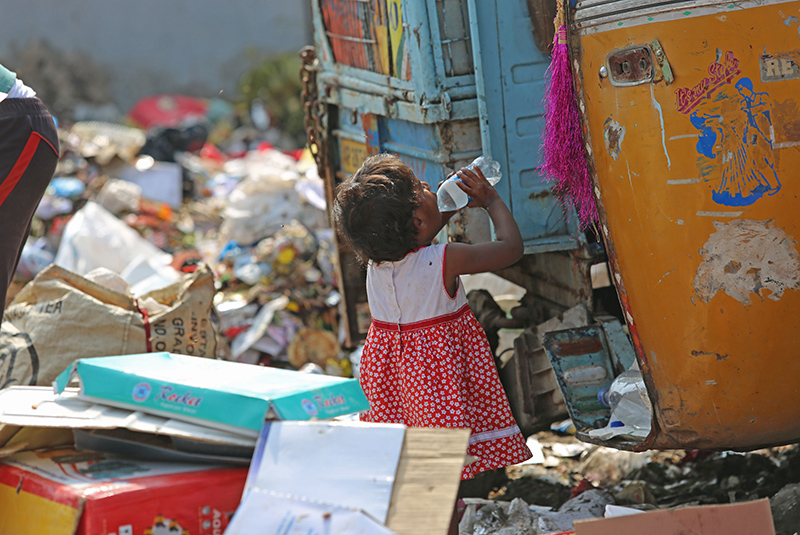“The world is moving backward in its efforts to end hunger, food insecurity and malnutrition in all its forms,” said a United Nations report. Indeed, in 2021, food insecurity and hunger skyrocketed, affecting over 2.3 billion people globally.
This food insecurity is the result of two reasons: COVID-19 and the war in Ukraine. The disruption of global supply chains–caused by the pandemic and the Russia-Ukraine war–led to a serious shortage of food supplies and contributed to rising prices in energy, grain and fertilisers. As a consequence of this global destabilisation, countries across the world are likely to witness mass starvation on an unprecedented scale.
“Globally, hunger levels remain alarmingly high,” says the World Bank. In its Food Security Update, published on July 15, 2022, it has warned of a “global crisis.” It read: “Record high food prices have triggered a global crisis, that will drive millions more into extreme poverty, magnifying hunger and malnutrition, while threatening to erase hard-won gains in development. The war in Ukraine, supply chain disruptions, and the continued economic fallout of the COVID-19 pandemic are reversing years of development gains and pushing food prices to all-time highs. Rising food prices have a greater impact on people in low- and middle-income countries, since they spend a larger share of their income on food than people in high-income countries.”
-30-
Copyright©Madras Courier, All Rights Reserved. You may share using our article tools. Please don't cut articles from madrascourier.com and redistribute by email, post to the web, mobile phone or social media.Please send in your feed back and comments to [email protected]











